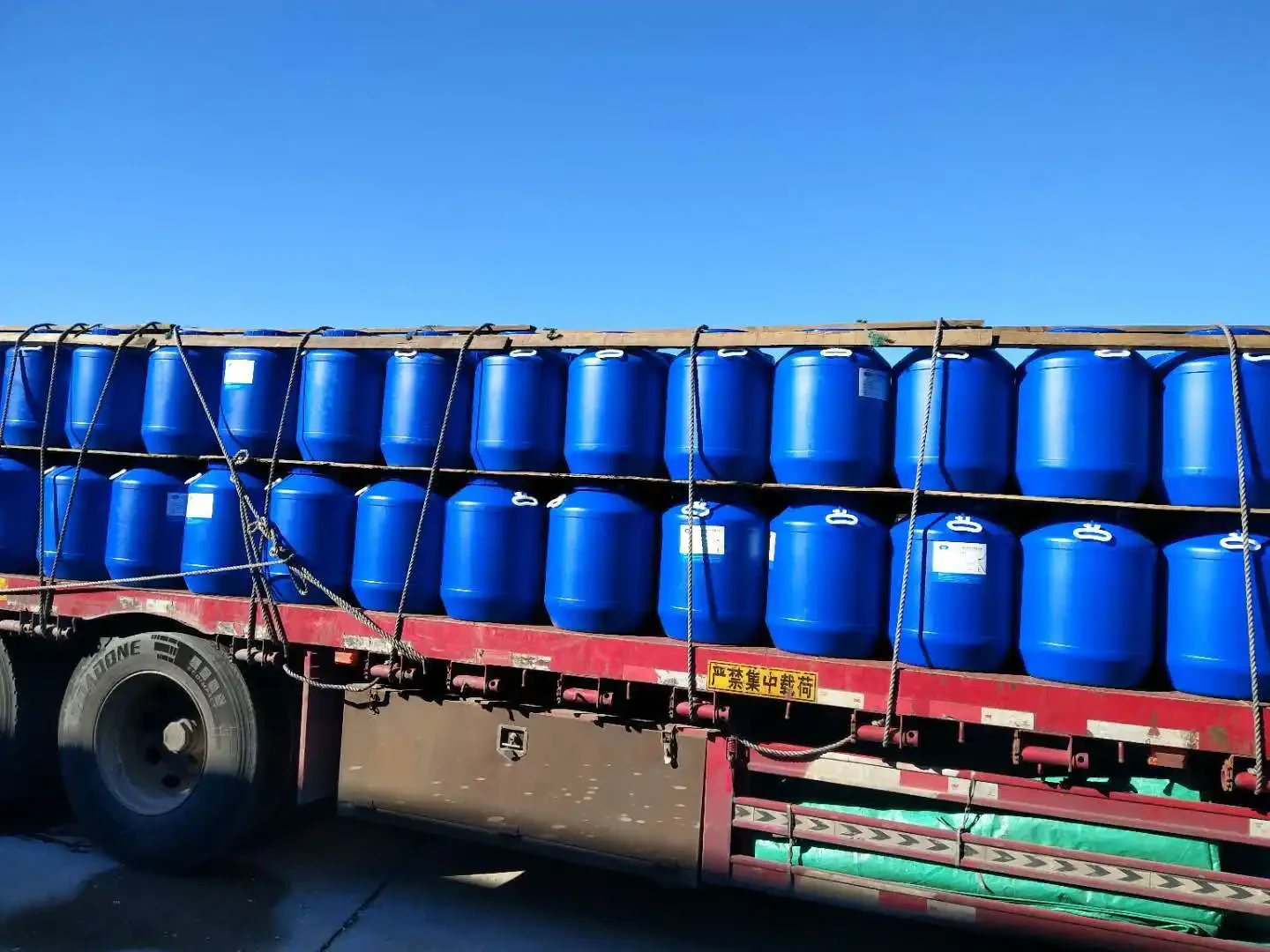Boiler Feed Water Chemical Treatment Ensuring Efficiency and Longevity
Boiler systems are critical components in various industries, providing essential steam for power generation, heating, and specific manufacturing processes. The efficiency and longevity of these systems largely depend on the quality of the feed water used. Therefore, the treatment of boiler feed water through appropriate chemical processes is crucial in preventing issues such as scaling, corrosion, and carryover. This article explores the significance, methods, and best practices for boiler feed water chemical treatment.
Importance of Boiler Feed Water Treatment
The primary goal of boiler feed water treatment is to ensure that the water entering the boiler is of high quality. Poor quality feed water can lead to several operational problems. For instance, dissolved minerals can precipitate inside the boiler, resulting in scale formation on heat transfer surfaces. This scale acts as an insulator, reducing thermal efficiency and increasing fuel consumption. Moreover, the presence of dissolved oxygen and carbon dioxide can lead to corrosion, jeopardizing the integrity of the boiler system, which can result in costly repairs and unplanned downtime.
Chemical treatment plays a pivotal role in mitigating these issues and maintaining optimal boiler performance. By conditioning the feed water, operators can enhance the boiler's efficiency, reduce maintenance costs, and extend the lifespan of the equipment.
Common Boiler Feed Water Contaminants
The primary contaminants that necessitate chemical treatment include
1. Dissolved Solids These are primarily minerals such as calcium, magnesium, and silica, which contribute to scaling.
2. Dissolved Gases Oxygen and carbon dioxide can cause severe corrosion, especially in low-pressure systems.
3. Acidity and Alkalinity The pH levels of the feed water affect the solubility of scale-forming compounds and corrosion rates.
4. Suspended Solids Particulates can also lead to operational issues, contributing to wear and tear on components.
Methods of Chemical Treatment
Different chemical treatments can be employed to ensure that feed water is adequately conditioned before it enters the boiler
boiler feed water chemical treatment

- Deaeration This process involves removing dissolved gases, particularly oxygen and carbon dioxide, from the feed water. Often achieved through mechanical means (such as a deaerator), this step is crucial to minimize corrosion risks.
- Water Softening This is a method used to remove hardness ions such as calcium and magnesium from the water
. Ion-exchange resins can be employed to exchange these ions for sodium ions, thus preventing scale formation.- Phosphate Treatment Phosphates are often added to the feed water to precipitate calcium and magnesium and form harmless sludge that can be removed. This helps control scaling inside the boiler.
- pH Control Maintaining the correct pH level is essential for reducing corrosion rates. Alkalizing agents, such as caustic soda or ammonia, can be added to achieve the desired pH balance.
- Filtration Implementing filtration systems can effectively remove suspended solids and particulates from the feed water, ensuring that only clean water enters the boiler.
- Condensate Return Treatment The return of condensate must also be treated to remove contaminants and maintain optimal water quality.
Best Practices for Boiler Feed Water Treatment
To maximize the effectiveness of boiler feed water chemical treatment, operators should adhere to a set of best practices
1. Regular Testing and Monitoring Frequent analysis of feed water quality is critical to identify contaminants early and assess the efficiency of the treatment processes in place.
2. Implementing a Treatment Program A comprehensive chemical treatment program should be developed, tailored to the specific conditions of the boiler system and feed water characteristics.
3. Staff Training Ensuring that operational staff are trained in the importance of feed water treatment and the specifics of chemical handling is essential for maintaining safety and efficiency.
4. Documentation and Record-Keeping Keeping detailed records of water quality tests, chemical usage, and maintenance activities can help track performance and spot trends over time.
In conclusion, boiler feed water chemical treatment is an essential practice for ensuring the efficiency and longevity of boiler systems. With the correct application of treatment methods and adherence to best practices, operators can significantly reduce the risks associated with poor-quality feed water, ultimately leading to improved operational performance and cost savings.

